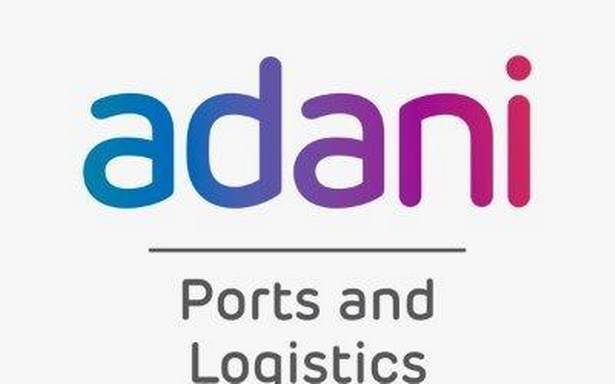Company says it’s expanding footprint with the investment
In its first confirmation yet of investing in the Colombo Port, after much controversy within Sri Lanka and an apparent strain in Indo-Lanka ties, Adani Ports and Special Economic Zones on Monday said it was “bolstering” its global footprint with the West Container Terminal (WCT) project in the island nation’s strategic port. The Group announced its expansion in the neighbourhood, even as the Bloomberg Billionaires Index showed group chairman Gautam Adani having accumulated more billions than anyone else in the world this year, with his net worth soaring by $16.2 billion in 2021.
Tweeting on the Colombo Port investment, Mr. Adani said: “Grateful to the leaders of GoI, GoSL, SLPA & John Keells for the opportunity to build WCT, Colombo. This partnership is a symbol of the deep strategic relations between countries with great intertwined history. It will launch decades of container growth.”
‘Compromise’ formula
The Adani Group’s investment in the WCT project comes after the Sri Lankan government, in early February, ejected India and Japan out of a 2019 trilateral agreement to jointly develop the East Container Terminal (ECT) at the Colombo Port, as trade unions opposed “foreign involvement” in the country’s national assets. In what Colombo termed a “compromise”, the government offered the WCT instead, with higher stakes for the Adani Group, along with its local partner and Sri Lanka’s largest conglomerate John Keells Holdings, to execute the project with the Sri Lanka Ports Authority.
In a press release issued on Monday, Adani Ports said it received a letter of intent from the Government of Sri Lanka, while Sri Lanka’s Cabinet spokesman said last week that the government “assumed” Adani Group was the investor, as the company was India’s “nominee” in the ECT deal. India has distanced itself from the WCT project and indicated that Colombo was “directly” in touch with the Adani Group, sparking questions on the process followed by Colombo to choose the private investor in the absence of the Indian government’s involvement.
Source: Read Full Article

